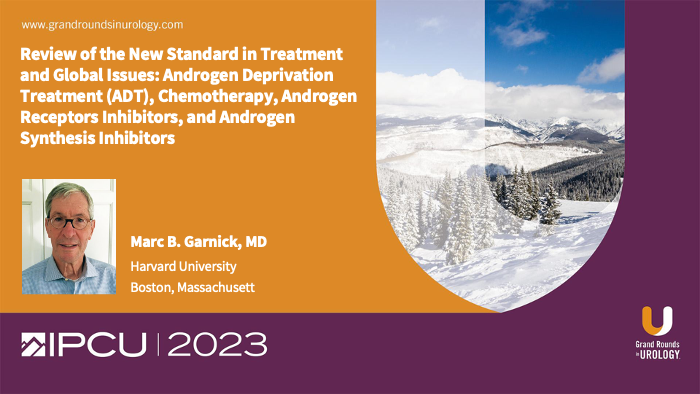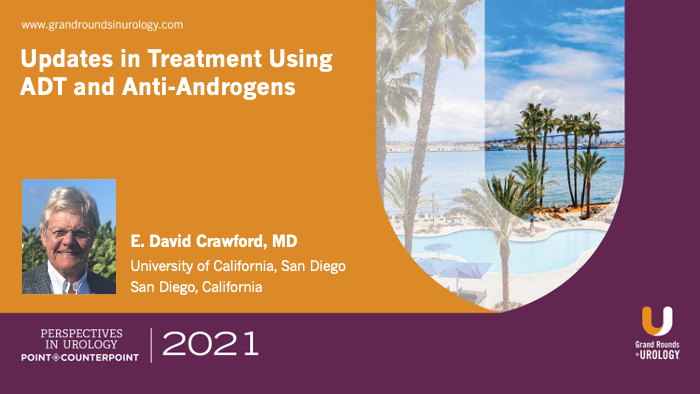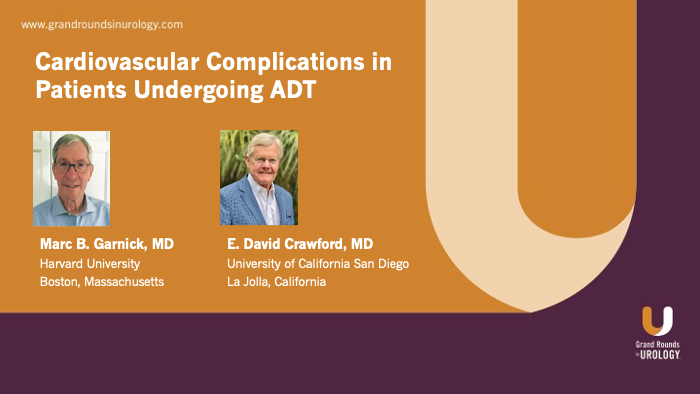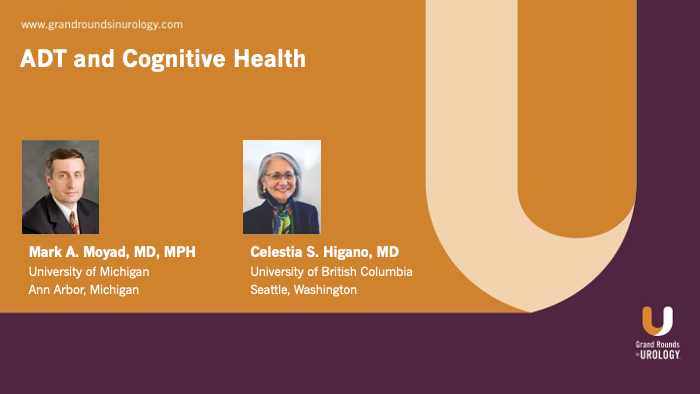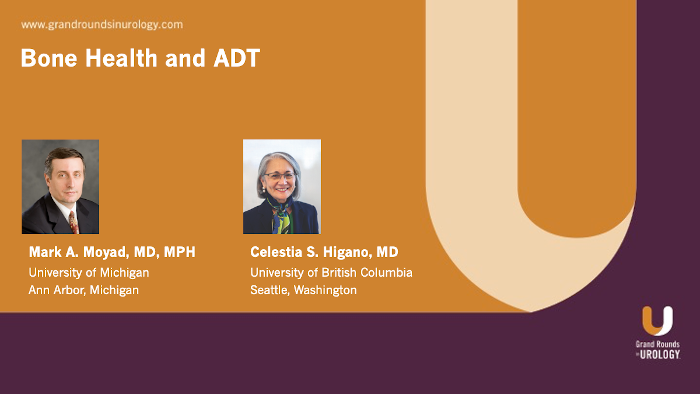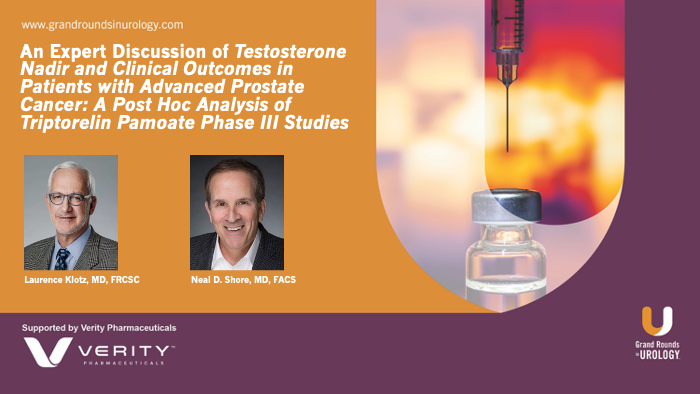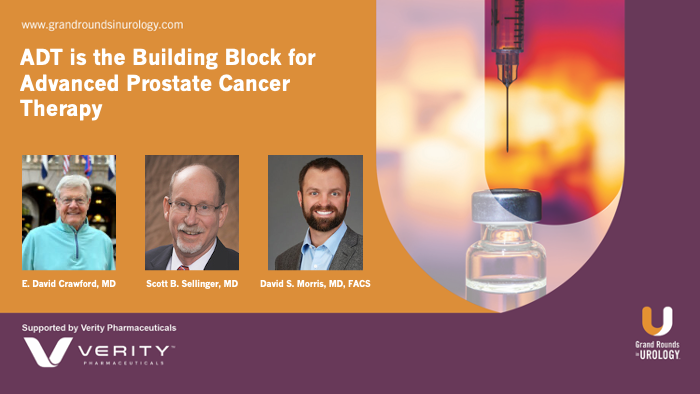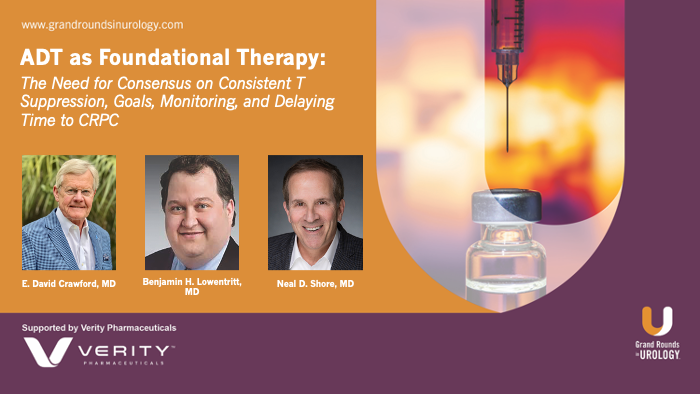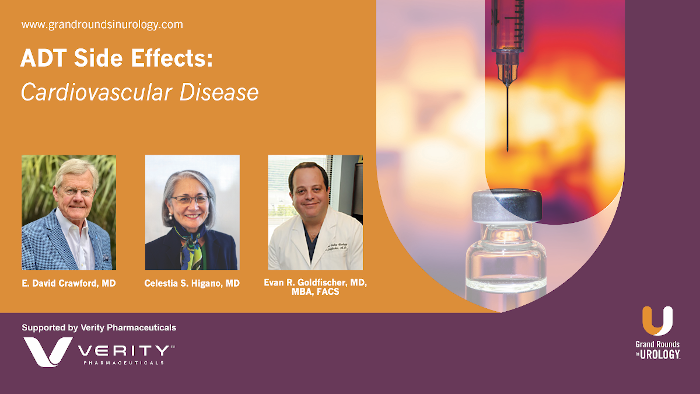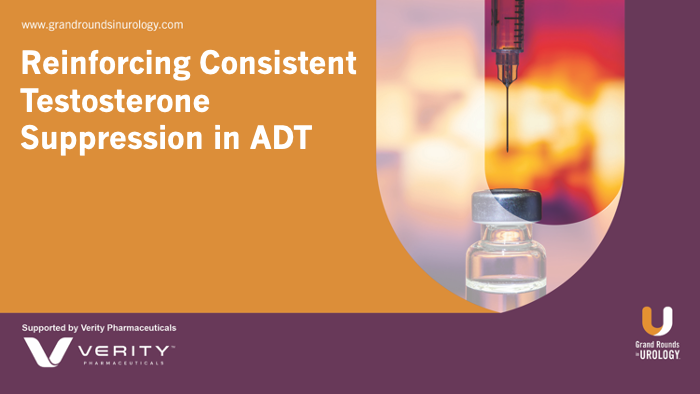
- HOME
- MEETINGS
- AdMeTech Global Summit
- Future Directions in Urology Symposium
- Innovations in Urologic Practice
- International Bladder Cancer Expert Forum
- International Bladder Cancer Update
- International Functional and Reconstructive Urology Update
- International Prostate Cancer Update
- Perspectives in Urology: Point-Counterpoint
- Ralph E. Hopkins Urology Seminar
- Southwest Prostate Cancer Symposium
- Urology Today
- CONTENT & COMMENTARIES
- LEARNING CENTERS
- INDUSTRY PERSPECTIVE
- Industry Perspective: BioProtect Balloon Implant™ System
- Industry Perspective: Illuccix® for Gallium-68-PSMA-11 PET Imaging of Prostate Cancer
- Industry Perspective: AR-V7 Testing for Men with Advanced Stage Prostate Cancer
- Industry Perspective: ConfirmMDx and Improving the Identification of Men at Risk for Clinically Significant Prostate Cancer
- Industry Perspective: The Oncotype DX Genomic Prostate Score Assay Test
- Industry Perspective: Panel Discussion on Cxbladder Genomic Urine Test for Bladder Cancer
- The Role of URO17™ in the Diagnosis and Management of Bladder Cancer
- Industry Perspective: Developing the Most Sensitive Urine Test for Bladder Cancer
- FACULTY
Select Page
